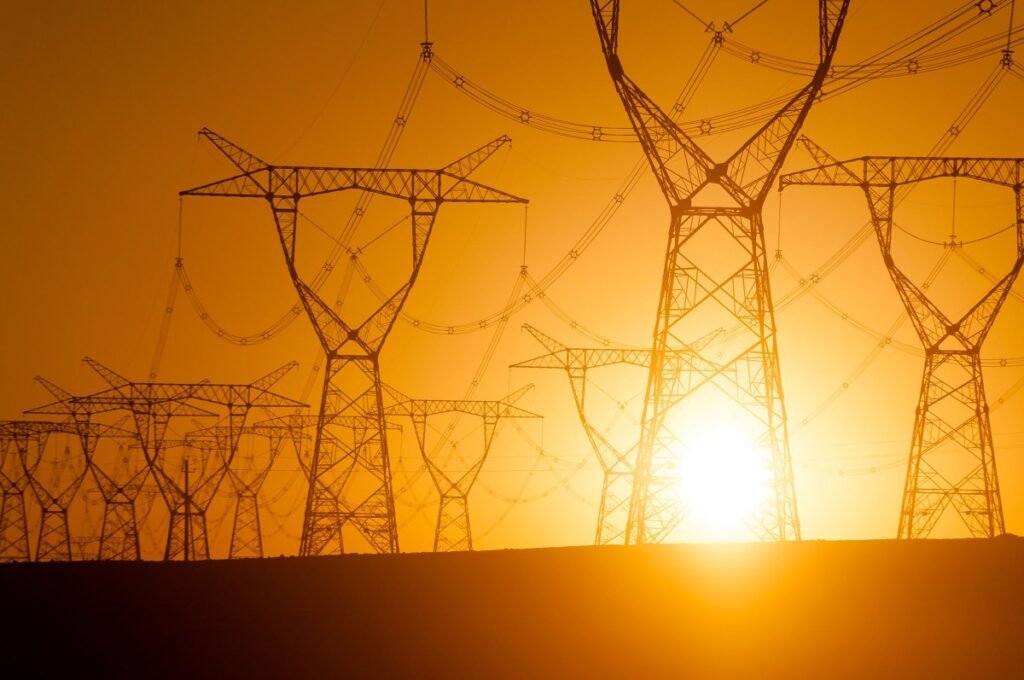The demand for power in today’s world is skyrocketing, putting a strain on the electrical grid. One startup, Yottar, is stepping in to help companies navigate this challenge by mapping out electrical grid capacity for the placement of new data centers, EV charging stations, and other power-intensive equipment.
Yottar’s co-founder and CEO, Peter Clutton-Brock, highlights the collision of the electrification super cycle and the AI data center boom, which is causing grid operators to struggle with meeting the increasing demand. In areas like London, existing capacity for large-scale data centers is already maxed out, prompting the need for upgrades to accommodate new installations.
As aging grids face mounting pressure, startups like Yottar are emerging to assist energy users in dealing with these limitations. Yottar takes a unique approach by creating detailed maps that pinpoint available grid capacity and the amount of power accessible at each location, catering specifically to medium-sized demand developers requiring between 1 and 5 megawatts.
Notable customers of Yottar include Tesla and the U.K.’s National Health Service, utilizing the startup’s services for selecting sites for new Superchargers, upgrading existing infrastructure, and identifying locations for EV chargers, solar panel installations, and more. Yottar recently secured a $1 million pre-seed funding round and is set to introduce a new feature enabling companies to swiftly assess suitable locations for upgrades or new equipment.
Yottar sources its data from distribution networks, regulatory requirements, private data licensing, and anonymized information from successful grid connections made by clients. The company’s pricing model includes a per-seat fee and usage charge based on the number of sites being evaluated, with consultants posing as the main competition at present.
While currently operating in the U.K., Yottar has plans for expansion into the U.S. and other international markets to address the global nature of the power grid challenge. Clutton-Brock emphasizes the need for an international solution to tackle this pressing issue effectively.

